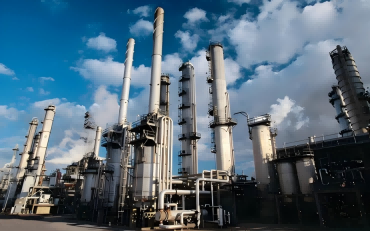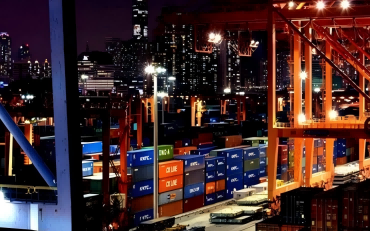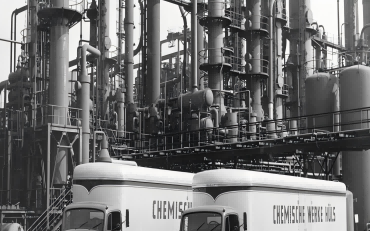Transition to low-carbon, high value-added products crucial for Asia
A technological transition to low carbon-based and high value-added products is “absolutely necessary” for the Asian petrochemical industry, to address challenges posed by the shift towards carbon neutrality, the chairman of the Korea Petrochemical Industry Association (KPIA) said on Friday.
Speaking at the Asia Petrochemical Industry Conference (APIC) in Seoul, Hak-Cheol Shin highlighted the universal task of addressing global climate change as a significant challenge for the petrochemical industry in the region.
“We need to further develop and strengthen a shared system of cooperative response to a multitude of crises,” the KPIC chairman told delegates at the two-day conference which ends on 31 May.
“Global oversupply, the goal of carbon neutrality, proliferation of non-tariff barriers to trade and other cross-border challenges are some of the major risk factors facing the already very challenging Asian petrochemical industry,” he said.
Asia faces limitations in cost-effective renewable energy sources and low-carbon emitting technologies, which require a collaborative approach among the seven APIC members to develop shared solutions and demonstrate leadership on complex issues, Shin said.
“We have generally… focused on a petrochemical business portfolio that fundamentally revolves around general purpose commodity products with the expectation that growth would continue through a cycle of periodic fluctuations,” Shin said.
“But such business model has made it difficult to respond to sudden changes in the external environment, presenting an even greater threat to all of us today.”
Shin urged the seven APIC members to jointly embark on a “long-term competitiveness model that increases the industry’s profitability and technical differentiation”.
He stressed the urgency of the situation, stating that actions taken by APIC members in the coming years will determine whether the Asian petrochemical industry thrives or stagnates.


